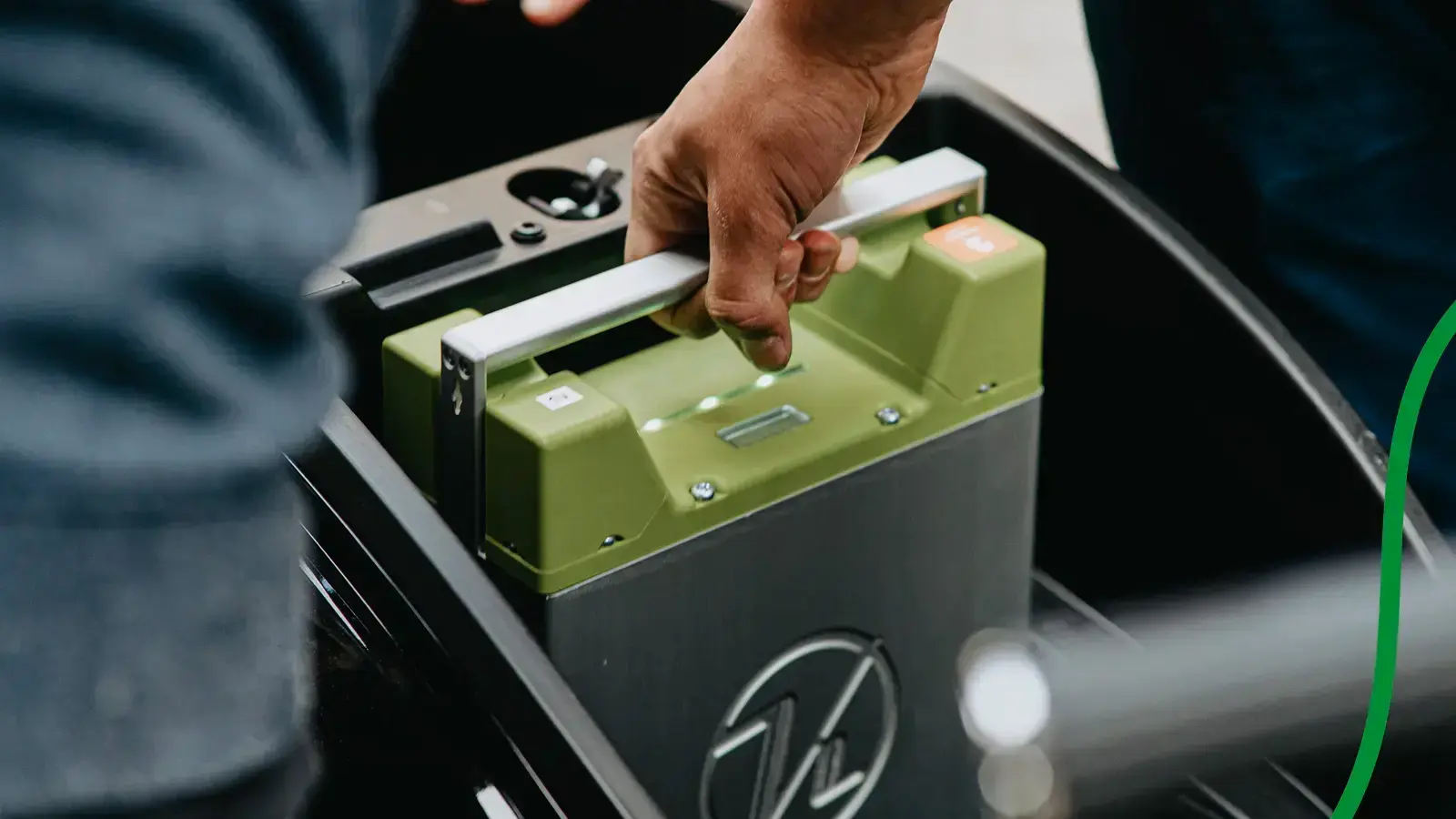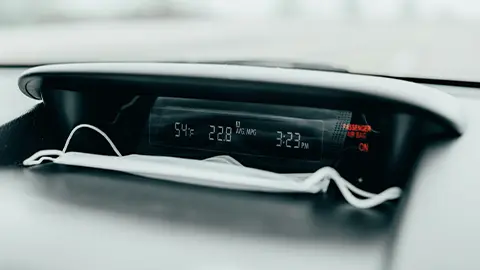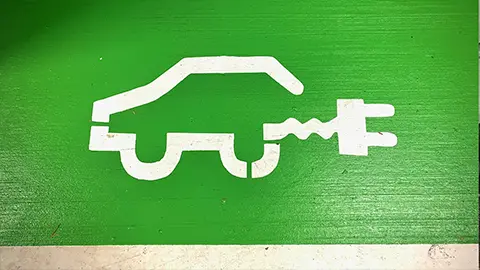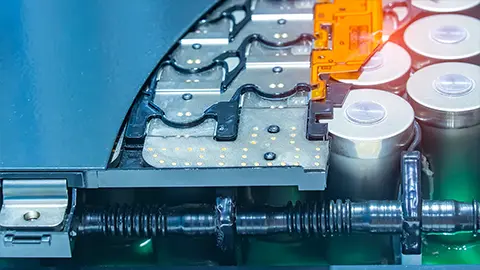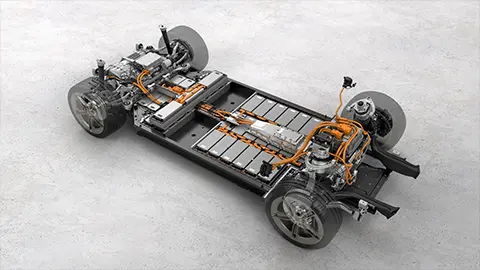The Basics of EV Batteries
Electric vehicle (EV) batteries are the power source behind every EV, providing the energy that drives the motor, powers the electronics, and keeps the cabin comfortable. Whether you are new to EVs or simply curious about how they work, this overview explains the basics of EV batteries, how they are built, and why they are essential.
What Is an EV Battery?
An EV battery is a rechargeable energy storage system made up of hundreds or even thousands of individual lithium-ion cells. These cells are grouped into modules, and those modules form a battery pack that is safely enclosed and often liquid-cooled to maintain optimal performance.
Each cell functions as a small energy reservoir, storing chemical energy that is later converted into electrical energy. Collectively, the battery pack determines your EV's range and performance.
Battery Basics: Key Terms Explained
- Capacity (kWh): Indicates how much energy the battery can store. Higher capacity typically means a longer driving range.
- State of Charge (SoC): Shows how much charge the battery currently holds, similar to a fuel gauge.
- Voltage: Represents electrical potential. EV systems often range between 350 volts and 800 volts.
- Thermal Management: Involves heating or cooling systems built into the battery pack to preserve performance and safety.
Why Most EVs Use Lithium-Ion Batteries
Lithium-ion batteries are widely used in EVs because they offer high energy density, long life, and good charge performance. These same characteristics make them ideal for use in portable electronics, but in an EV, they are scaled up dramatically.
Benefits include:
- Compact and lightweight form
- Ability to deliver high power for acceleration and fast charging
- Long operational lifespan with proper care
Where the Battery Is Located in an EV
Most EVs place the battery pack along the floor of the vehicle, in what is called a "skateboard" layout. This approach provides several advantages:
- Lowers the center of gravity for improved handling
- Enhances safety in the event of a crash
- Frees up interior space since there is no engine compartment
Battery Size and EV Range
One of the most important factors in an EV's performance is the size of its battery. Measured in kilowatt-hours (kWh), a battery’s size tells you how much energy it can store and, ultimately, how far you can drive on a full charge. Larger batteries hold more energy and generally deliver longer driving ranges.
Here’s how typical battery sizes compare in real-world driving:
- 40 kWh battery
Offers about 150 to 170 miles of range. Common in smaller EVs designed for city driving or short commutes. - 60 kWh battery
Provides roughly 230 to 260 miles of range. A good balance for most drivers, supporting daily needs and occasional longer trips. - 77 to 100 kWh battery
Enables 300 to 400+ miles of range. Found in larger or premium models, ideal for long-distance travel with fewer charging stops.
Keep in mind that real-world range depends on how and where you drive. Speed, terrain, temperature, and the use of climate control can all influence how far you go on a charge. EVs equipped with efficient thermal management systems tend to perform more consistently across conditions.
How Long Do EV Batteries Last?
EV batteries are engineered for durability. Most come with manufacturer warranties of 8 years or 100,000 miles, and many exceed those benchmarks.
Owners can typically expect:
- Around 70 to 80 percent of original capacity after 8 to 10 years
- Gradual reduction in range, rather than sudden failure
- Opportunities for battery service or replacement when needed
Best Practices for Battery Health
To extend your battery’s life, consider these habits:
- Maintain the charge between 20 and 80 percent for regular use
- Avoid full discharges when possible
- Use Level 2 charging for routine charging at home or work
- Minimize frequent fast charging, especially in high heat or cold
- Precondition your battery in extreme weather using your vehicle app
What Happens to EV Batteries After Use?
Even after they no longer serve well in vehicles, EV batteries can be repurposed or recycled. They may be used in energy storage systems or broken down to recover valuable materials like lithium, nickel, and cobalt. Manufacturers and third parties are investing heavily in battery recycling to reduce environmental impact.
Final Thoughts
EV batteries are at the center of the electric driving experience. They are efficient, long-lasting, and increasingly sustainable. Understanding how your battery works and how to care for it will help you make the most of your EV investment. As technology advances, batteries will continue to improve in performance, cost, and recyclability, making EV ownership even more practical and rewarding.
Spark Your Curiosity and Explore More
Exploring EV battery fundamentals:
Discover Next: How EV Batteries Work→




